As we get closer to the November 2020 election, attempts to mislead voters are ramping up. And we are partly to blame, as our partisan biases lead us to accept the facts we agree with and dismiss the ones we don’t. Add in social media, and the bias bubble can become even more isolated. Whitney Phillips is an assistant professor at Syracuse University who teaches media literacy, misinformation and disinformation and political communication. Soledad O’Brien speaks with her about how the combination of our own biases and social media can shape what we believe.
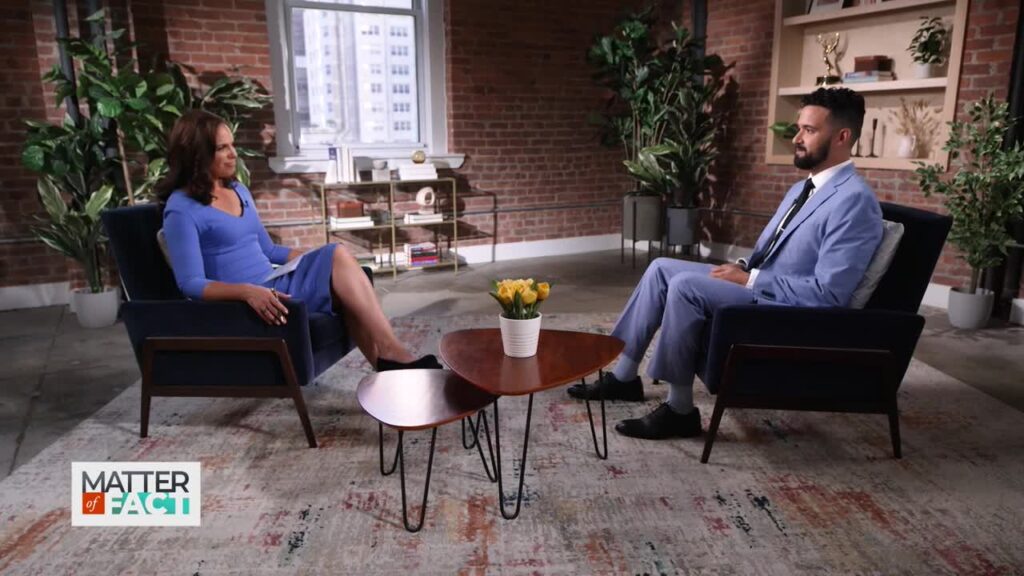
Disinformation Campaigns Target Latino Voters
June 16, 2024Disinformation Campaigns Target Latino Voters
June 16, 2024Latino voters could play an important role in the presidential election. The demographic m...
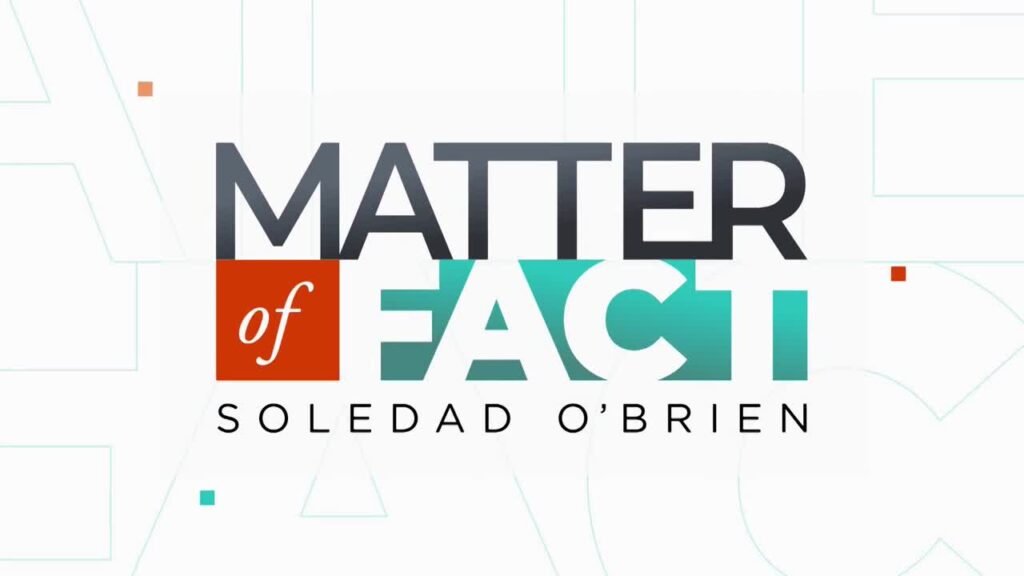
JUNE 15, 2024
June 16, 2024JUNE 15, 2024
June 16, 2024This week Matter of Fact explores solutions to protect Hispanic voters from disinformation...
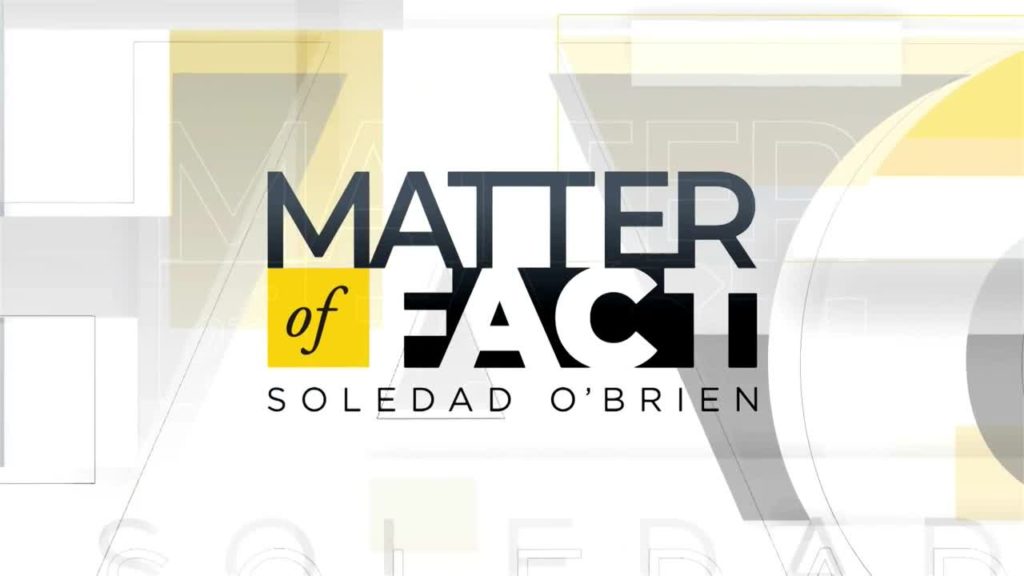
AUGUST 13, 2022
August 14, 2022AUGUST 13, 2022
August 14, 2022Sweet potato gin and vodka. This week Matter of Fact takes a look at the legacy of one far...
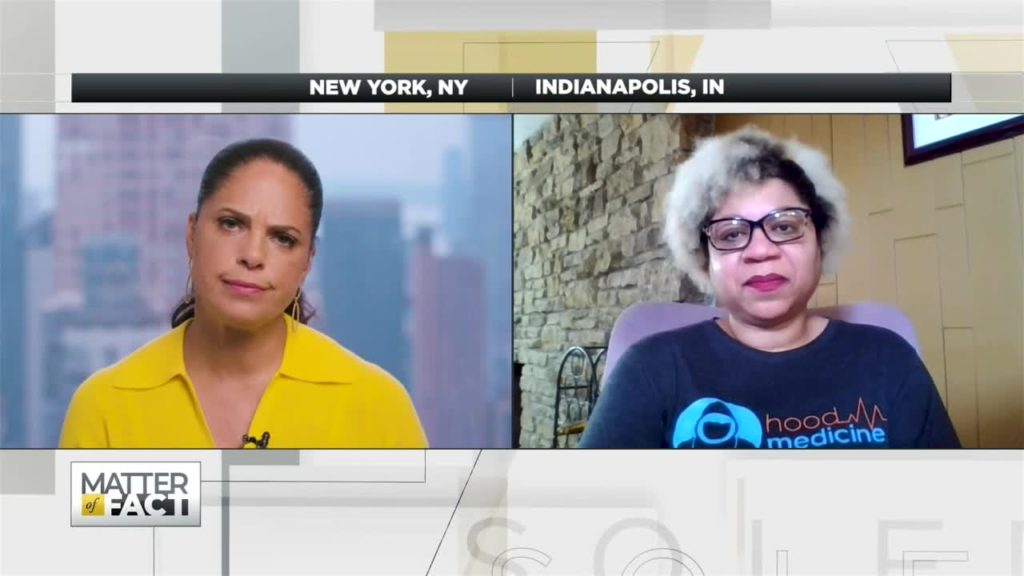
Hood Medicine Initiative Aims to Dispel Health Misinformation
August 14, 2022Hood Medicine Initiative Aims to Dispel Health Misinformation
August 14, 2022The COVID-19 pandemic has highlighted wide disparities in health equity and shown the dama...
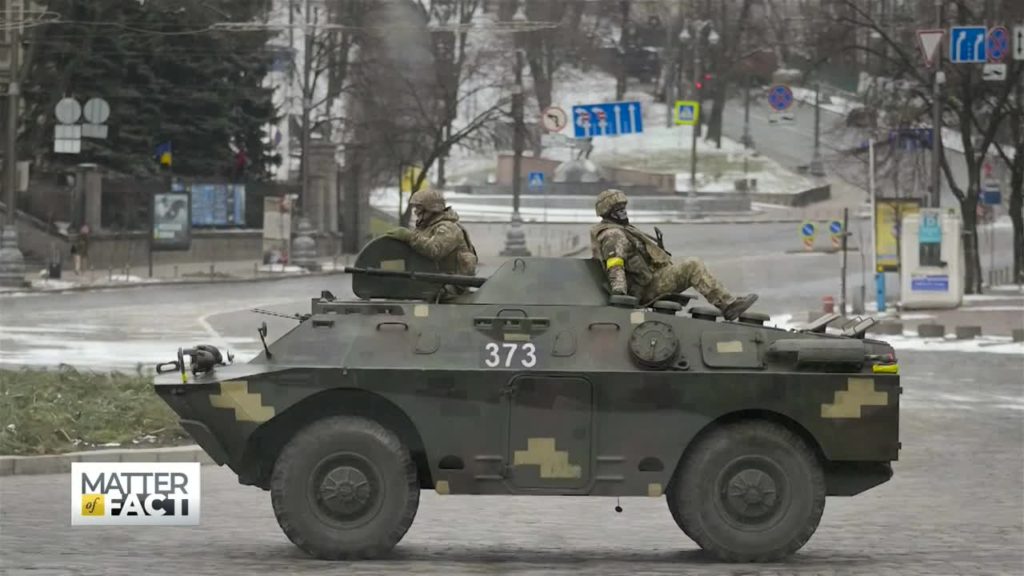
Russian Invasion and Misinformation
March 6, 2022Russian Invasion and Misinformation
March 6, 2022As Americans remain glued to the news coming out of Ukraine, Matter of Fact looks at the a...
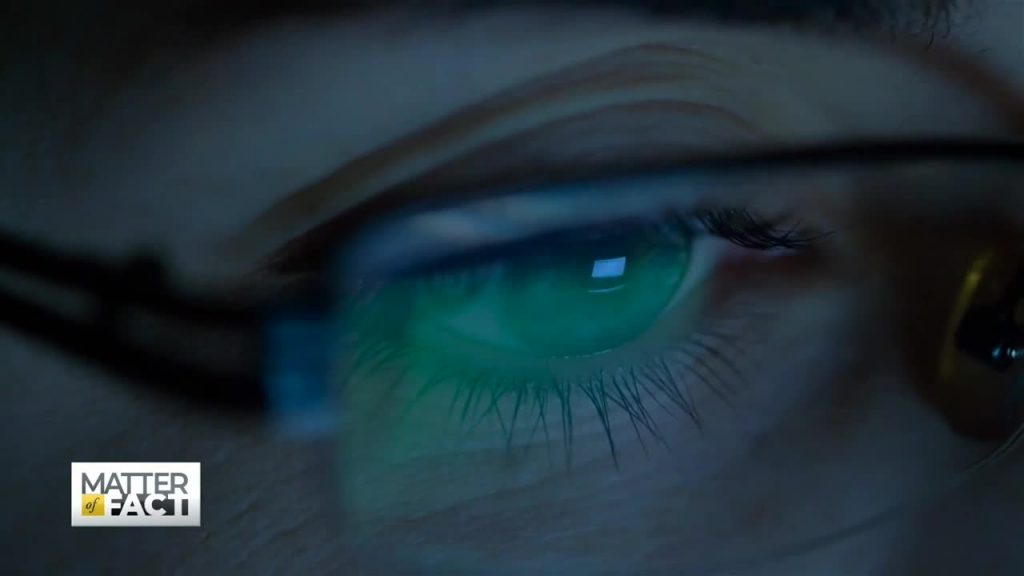
Figuring Out Fact From Fiction Online
December 13, 2020Figuring Out Fact From Fiction Online
December 13, 2020As the nation prepares to vaccinate vulnerable populations, just half of U.S. adults say t...
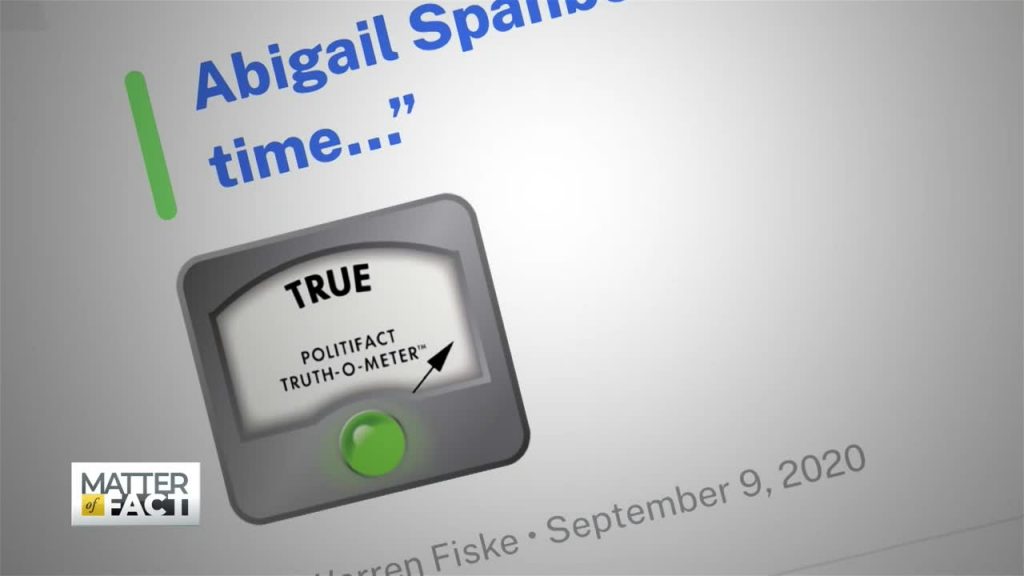
Getting the Facts Straight: Can You Tell Difference Between What’s Real and What’s Not?
September 20, 2020Getting the Facts Straight: Can You Tell Difference Between What’s Real and What’s Not?
September 20, 2020It’s another election year and as our technology gets more advanced, so do the attempts to...
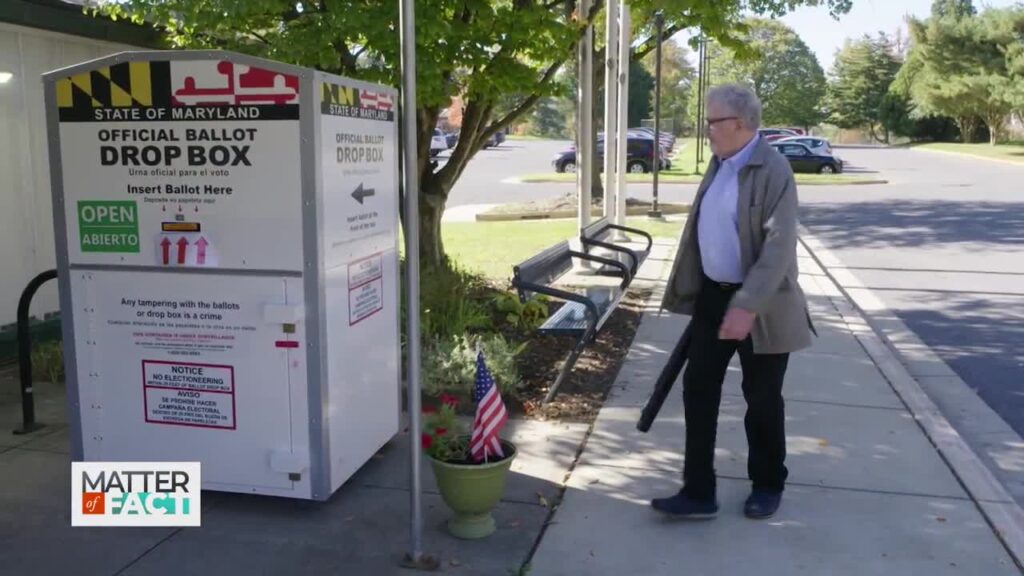
84-Year-Old Holocaust Survivor Can Vote for the First Time
November 3, 202484-Year-Old Holocaust Survivor Can Vote for the First Time
November 3, 2024Henry Pachnowski is about to vote for the first time at 84-years-old. He was born to Polis...